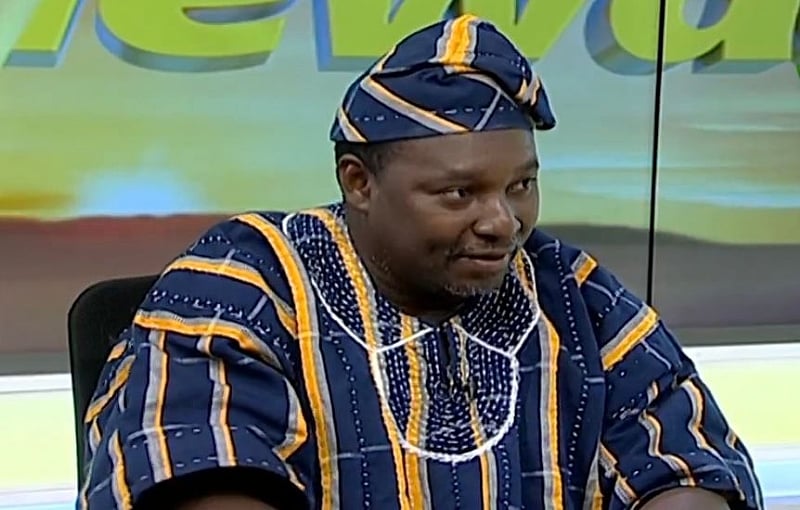The National Cathedral project in Ghana has become a focal point of intense public scrutiny and controversy, particularly following revelations about its escalating cost. Initiated by the previous administration under former President Nana Addo Dankwa Akufo-Addo, the project’s intended purpose was to create a grand national monument dedicated to religious worship and national unity. However, its progress has been marred by allegations of financial mismanagement, lack of transparency, and questions surrounding its overall necessity, especially in the context of pressing national development needs. The recent disclosure that the project has already incurred costs of $97 million, encompassing payments, commitments, and outstanding liabilities, has further fueled public outrage and demands for accountability.
The revelation of the project’s substantial financial burden, made by Felix Kwakye Ofosu, Minister of State in charge of Government Communications, has sparked widespread calls for a thorough investigation into the project’s financial dealings. Critics argue that the escalating cost is unjustified, particularly given the project’s stalled status since 2023. The disclosure of these financial details has added another layer of complexity to the ongoing debate about the Cathedral’s future and the management of public funds allocated to the project. The government’s communication regarding the project’s finances has been criticized for being insufficient and lacking transparency, further raising public concerns about the project’s overall viability and the responsible use of taxpayer money.
In response to these revelations, Solomon Owusu, a prominent member of the Movement for Change, has called upon the Office of the Special Prosecutor (OSP) to initiate an investigation into the project and question former President Akufo-Addo about his role in its management. Owusu draws a parallel to the investigation into the Airbus scandal, during which former President John Mahama was questioned by the OSP. He contends that Akufo-Addo should be subjected to the same level of scrutiny, emphasizing the importance of accountability for all public officials, regardless of their political affiliation. This call for an investigation resonates with the broader public sentiment demanding transparency and accountability in the management of the National Cathedral project and its associated finances.
Owusu’s call for an investigation underscores the broader concerns about potential mismanagement and lack of transparency surrounding the project. He argues that the National Cathedral project has become a symbol of governance failure and a cautionary tale about the misuse of public resources. His suggestion to erect a billboard at the project site, highlighting it as an example of “How not to govern a country,” reflects the deep-seated frustration and disillusionment felt by many Ghanaians regarding the project’s handling. The project has become a lightning rod for criticism of government spending priorities, especially in light of other pressing national needs.
The escalating cost of the National Cathedral project has reignited the debate about its viability and the appropriateness of allocating substantial public funds to such a venture. Critics argue that the funds could be better utilized for essential services such as education, healthcare, and infrastructure development. The project’s stalled status further intensifies these concerns, raising questions about the effectiveness of the project’s management and the potential for further cost overruns. The government’s decision to continue funding the project despite its challenges has faced significant opposition, with many calling for a re-evaluation of its priorities and a more transparent approach to managing public funds.
The controversy surrounding the National Cathedral project highlights the broader challenges of governance, transparency, and accountability in Ghana. The project has become a symbol of the ongoing debate about the appropriate use of public resources and the responsibility of public officials to manage these resources effectively and ethically. The calls for an investigation and increased transparency underscore the public’s demand for greater accountability from its leaders and a more responsible approach to managing national development projects. The future of the National Cathedral project remains uncertain, but its legacy as a source of controversy and a catalyst for discussions about governance and accountability is likely to endure.


